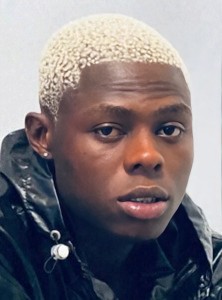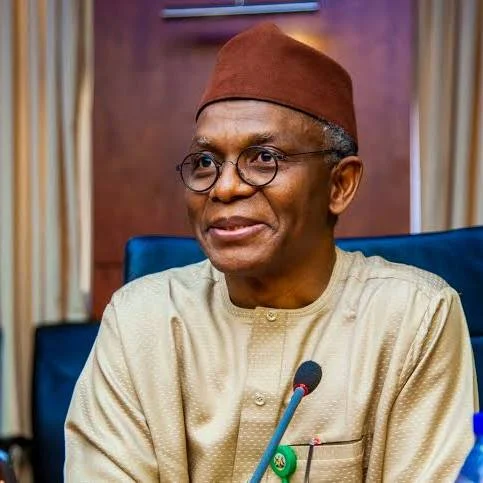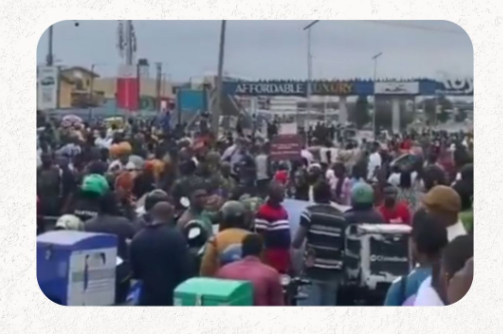
Since the tragic death of Nigerian singer Ilerioluwa Aloba, popularly known as Mohbad, his father, Joseph Aloba, has consistently been in the public eye — sharing painful accounts of his son’s troubled life, conflicts with Naira Marley, and questionable financial dealings. But as his media appearances increase, a new question is beginning to surface:
Is Joseph Aloba speaking independently — or is he being influenced, directly or indirectly, by public figures like Iyabo Ojo and Verydarkman?
It’s a difficult question to ask, especially when dealing with a grieving father. But it’s worth considering, especially given how narratives around Mohbad’s death are being shaped, weaponized, and politicized.
From the very beginning of the case, actress Iyabo Ojo took a strong public stance, repeatedly calling out Naira Marley and his associates for alleged abuse and harassment. On the other side, activist Verydarkman has often countered her arguments, raising questions about media bias, inconsistent narratives, and even the integrity of Mohbad’s inner circle.
Both are outspoken, influential, and clearly invested in the case — though from very different perspectives.
But now, as Mohbad’s father continues to make statements that align more closely with Iyabo Ojo’s early accusations (especially regarding bullying and Marley’s supposed role in Mohbad’s decline), it raises eyebrows: Is he being guided — subtly or explicitly — by public narratives created by these celebrities?
To be clear: there’s no hard evidence that Iyabo Ojo or Verydarkman have told Joseph Aloba what to say. But when a private individual starts sounding like the public voice of a celebrity advocate, the lines begin to blur.
Consider the timing:
Mr. Aloba’s interviews often resurface shortly after renewed online debates led by Iyabo or VDM.
His key talking points — especially those about Naira Marley’s guilt — often mirror viral talking points from one side of the influencer divide.
This could be coincidence. Or it could reflect how deeply powerful public voices can shape private perspectives, especially in the emotionally charged space of grief and justice.
The Danger of Weaponized Sympathy
If Joseph Aloba is being advised or influenced by powerful media figures, even with good intentions, it may undermine the credibility of his testimony. It also risks turning the pursuit of justice for Mohbad into a media-driven blame game, rather than a search for truth based on evidence.
It’s not wrong to support a cause. But it becomes dangerous when personal grief is co-opted into public vendettas, especially in a country where public opinion often doubles as the courtroom.
At this point, Nigerians deserve to ask:
Is Mohbad’s father acting independently, or is he caught in the middle of a media war between two powerful voices?
Has his grief been hijacked by public influencers trying to win the court of public opinion?
Could this entire case be compromised if key players are performing for cameras instead of cooperating with investigators?
We Need Less Noise, More Truth
Whatever the truth may be, it is essential to protect the integrity of Mohbad’s case. That means:
Encouraging honest, independent testimony.
Reducing influencer-driven bias.
Letting investigators, not entertainers, lead the conversation.
Joseph Aloba may be speaking from the heart — or he may be echoing voices that have become louder than the facts themselves.
Either way, the truth must stand on its own — not on hashtags, headlines, or hidden scripts.






😭